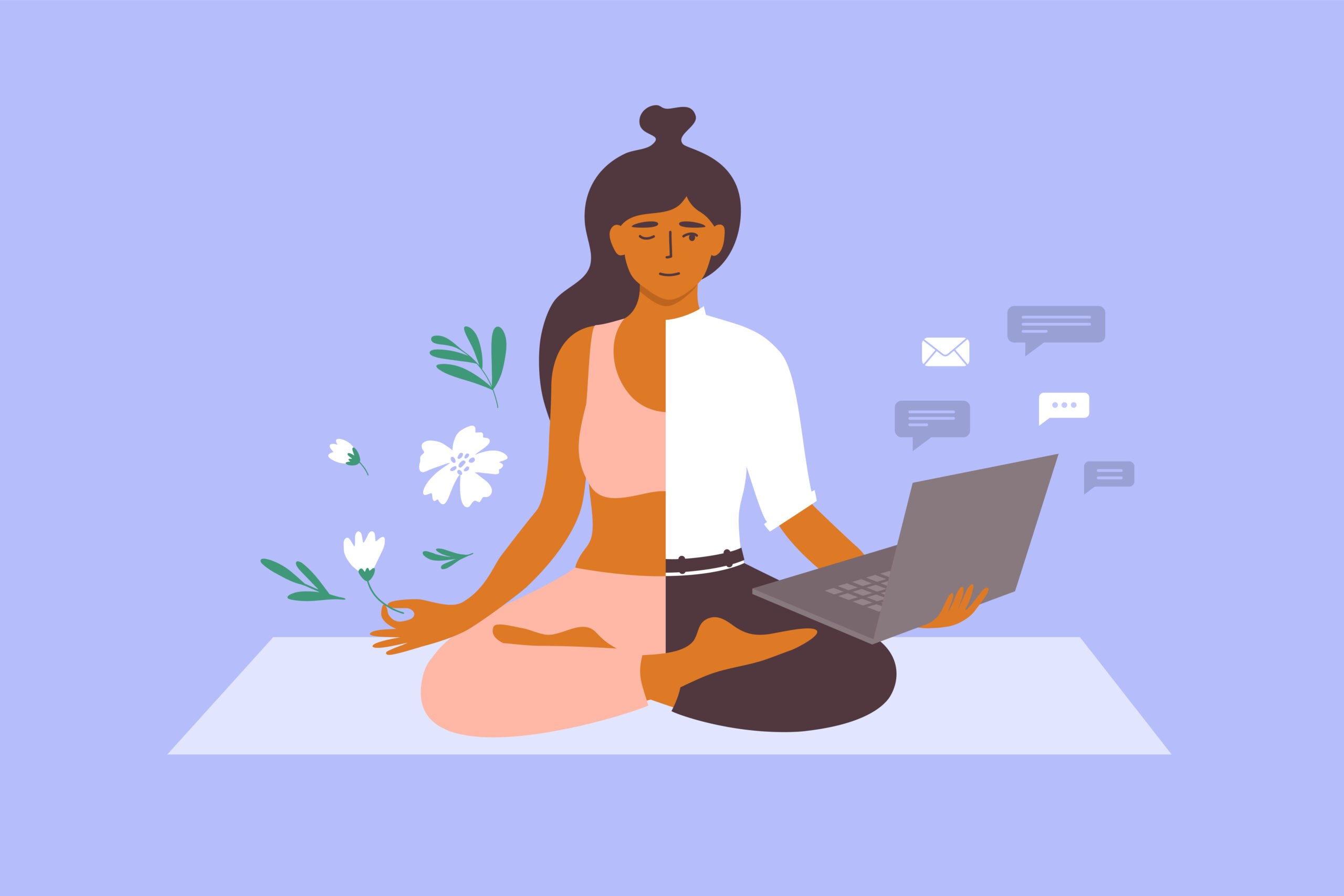Suspendisse volutpat elit nec nisi congue tristique eu at velit urabitur pharetra exnon ullamcorper condimentum.
Mastering Mindfulness: How to Cultivate Presence and Inner Peace in a Busy World
July 3, 2023

The Power of Mindfulness: How to Reduce Stress, Boost Productivity, and Improve Your Well-Being
Mindfulness is a practice that involves bringing your attention to the present moment with non-judgmental awareness. It cultivates an attitude of openness, curiosity, and acceptance toward your experiences. Mindfulness is the practice of being present and fully engaged in the current moment, without judgment or distraction. By focusing our attention on the present moment, we can become more aware of our thoughts, feelings, and physical sensations, and learn to respond to them more constructively. Mindfulness techniques, such as meditation, breathing exercises, and body scans, can help us reduce stress, improve our mental clarity, and enhance our overall well-being. With regular practice, mindfulness can become a powerful tool for managing anxiety, depression, and other mental health conditions, and for cultivating a greater sense of peace and contentment in our daily lives. Here’s a brief overview of mindfulness and how to incorporate it into your life:
- Start with the Breath: Focus your attention on the sensation of your breath. Observe the inhalation and exhalation without trying to control or change it. When your mind wanders, gently bring it back to the breath.
- Body Scan: Take a few minutes to bring your attention to different parts of your body, starting from your toes and gradually moving up to the top of your head. Notice any physical sensations or areas of tension, and try to relax them.
- Sensory Awareness: Engage your senses fully in the present moment. Pay attention to the sights, sounds, smells, tastes, and textures around you. This helps anchor your awareness in the present and prevents the mind from wandering.
- Non-Judgmental Observation: Practice observing your thoughts, emotions, and sensations without judgment. Allow them to come and go without getting caught up in them or labeling them as good or bad. Simply notice them with a sense of curiosity and acceptance.
- Everyday Mindfulness: Bring mindfulness into your daily activities. Whether you’re eating, walking, washing dishes, or brushing your teeth, try to do it with full awareness. Engage your senses and notice the details of the experience.
- Mindful Listening and Communication: When in conversation with others, give them your full attention. Listen actively, without interrupting or formulating your response in advance. Practice being fully present and empathetic.
- Formal Meditation Practice: Set aside dedicated time for formal meditation. Find a quiet and comfortable space, sit in a relaxed but alert posture, and focus on your breath or another anchor of attention. When your mind wanders, gently guide it back to the present moment.
- Mindful Movement: Engage in mindful movement practices like yoga, tai chi, or walking meditation. Pay attention to the sensations in your body, the movement of your breath, and the environment around you as you move.
- Gratitude Practice: Cultivate a sense of gratitude by intentionally focusing on the things you appreciate in your life. This can be done through journaling, reflecting on positive moments, or expressing gratitude to others.
- Mindfulness in Difficult Times: During challenging moments, use mindfulness to create space and observe your reactions without being overwhelmed by them. Acknowledge your emotions and thoughts with kindness and compassion.
Consistent practice is key to developing mindfulness. Start with short sessions and gradually increase the duration as you become more comfortable. Over time, mindfulness can help you develop a greater sense of calm, self-awareness, and overall well-being.

discover yourself
,inner peace
,journey to harmony
,mindfulness
,mindfulness techniques
,reduce stress
,understanding your mind
,well-being



